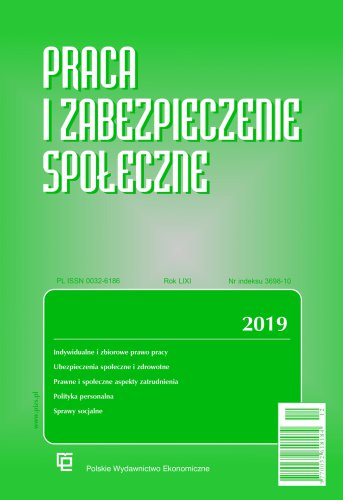By granting the employer's consent in situations specified in the law, the employee authorizes him to take specific action, e.g. a pregnant employee authorizes the employer to delegate her outside her permanent place of work (Article 178 of the Labour Code). Although a number of provisions in the Labour Code and in other acts use this term, the concept of consent has not been defined by the Polish legislator. The provisions of EU law regulating the granting of consent indicate the necessary features of this activity (behavior). They are: voluntary, specific, conscious and unambiguous demonstration of will, which the person confirms in the form of a declaration or a clear action. Thus, only the consent given by the employee under the above conditions can be considered as an expression of his will. The empirical research described in the paper shows that employees, contrary to their belief, do not have knowledge about labour law, in particular as to the legal circumstances related to granting consent to specific actions of the employer. In our opinion, knowledge on this subject is necessary for the informed consent of the employee. Necessary information should therefore be provided to the employee by the employer. In most cases, the law does not directly require the employer to inform the employee about the circumstances related to granting consent, but such an obligation should be derived from the obligation to cooperate in the performance of the commitment. Taking into account the fact that employees do not have a decidedly negative opinion about the observance of labour law by employers, there is a chance that the performance of such duties by employers will positively affect building relationships based on trust between the parties to the employment relationship, which brings significant benefits to both sides.
Keywords: consent; will to awareness; obligation to inform; knowledge of labour law; decision

